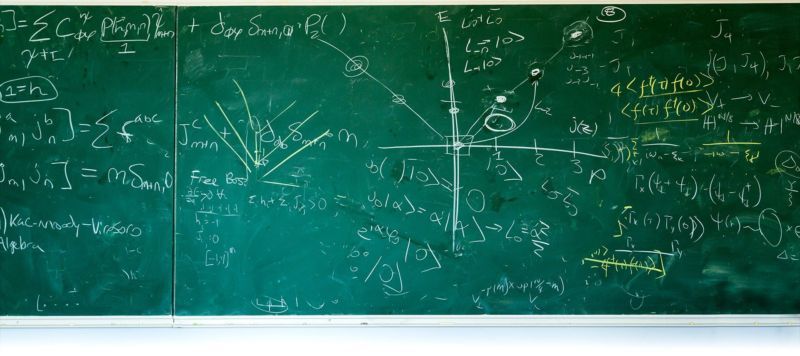(Original headline: Microsoft made play for next wave of computing with quantum computing toolkit) Netease Technology News September 28 news, Microsoft recently announced that it will start the next big move: quantum computers. At the end of this year, Microsoft plans to announce a new quantum computer language and a quantum computer simulator. With these new technologies, R&D personnel will be able to develop and test quantum programs that perform quantum operations. Quantum operations use quantum features such as superposition and entanglement to perform operations. Traditional digital computers consist of binary digits (0 or 1), while quantum computers consist of qubits. Quantum bits can to some extent represent 0 and 1 (also known as quantum superposition). The ability of qubits to represent multiple values ​​makes quantum computers far more computationally efficient than traditional computers. Traditional computers are built with logic gates. This combination of transistors can combine numbers to perform operations in various ways, but this construction is largely invisible to those who write programs. Programs and algorithms are not written in terms of logic gates, but use a higher level of concept. Current quantum algorithms are more familiar to electronics engineers than software engineers. Because quantum algorithms usually represent quantum loops, rather than the more commonly used programming language concepts. Microsoft's quantum computer language provides a more familiar style for programming quantum computers, borrowing from the C#, Python, and F# language bases. R&D personnel still need to use and understand the quantum logic gates and their operation, but they can still use them to write programs. The quantum computer language is gradually being incorporated into the development tools, which means that it not only supports color coding, but also supports other development functions such as debugging. Since quantum computers are still quite rare, Microsoft also plans to announce two versions of quantum simulators, one that can run locally and one that can run on the Azure cloud platform. These simulators will be able to run quantum programs and provide some debugging experience comparable to traditional development tools. In the long run, Microsoft’s ambition is to run quantum programs on a real quantum computer, and Microsoft is working on the development of quantum computers. Microsoft is exploring a study of topological qubits. This is very attractive because they can help us solve the common problems of quantum computers. The quantum state is very subtle, and quantum noise can cause errors in computing. But topological qubits can be added to the algorithm to correct this noise. While Microsoft is developing quantum computers and quantum computer programs, it is also exploring a so-called quantum-resistance encryption algorithm. This algorithm is designed to run on a traditional computer, but even in the era of large-scale quantum computers can also protect system security. However, it takes many years for these algorithms to be developed and widely spread after verification. Fortunately, the era of quantum computers will likely take many years to come. Now, Microsoft is preparing for its quantum computer rehearsal. This rehearsal using quantum simulators and quantum programming languages ​​is about to begin before the end of the year. Microsoft will also publish tutorials and libraries to help developers familiarize themselves with quantum computers. (passenger compilation) Semiconductor Moly Semiconductor Moly YANGZHOU POSITIONING TECH CO., LTD. , https://www.cndingweitech.com
